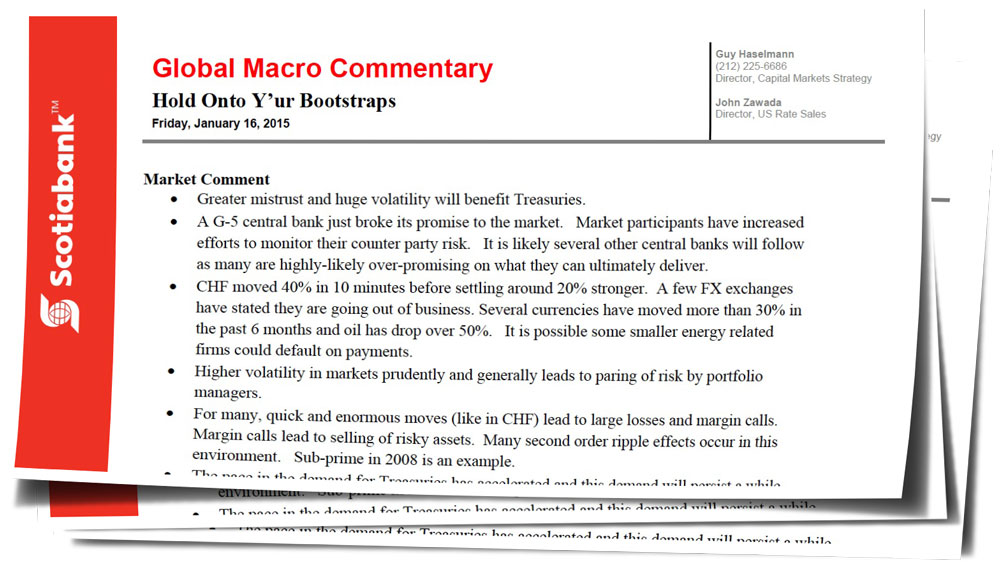by Ben Carlson, A Wealth of Common Sense
Nicholas Colas of Convergex had a piece out last week on the state of the liquid alt fund universe. For those that aren’t familiar with liquid alts, here’s a nice summary from Colas:
Liquid alternatives are the U.S. financial industry’s biggest disruptive innovation since ETFs: they’ve grown sevenfold over the past decade to +$340 billion. Goldman Sachs projects that liquid alts will accumulate $2 trillion in AUM over the next 5-10 years, a threshold ETFs crossed just last month. Even with explosive growth, a lack of understanding of the products and their proper roles in portfolios continues to cloud the asset class. So what are they exactly and what’s driving such huge demand? Liquid alts are hedge fund strategies in the form of Investment Company Act of 1940 wrappers (i.e. mutual funds or ETFs). Liquid alts democratize alternatives by providing retail investors with access to these advanced strategies that were previously reserved for high net worth individuals. The financial crisis helped spur demand for liquid alts as investors sought new forms of diversification.
Goldman Sachs believes this will be a $2 trillion business in assets under management within 5-10 years. I wouldn’t be surprised if they’re right. But how do we get from here to there? What follows is my theory on how the liquid alt fund growth will occur.
Professional investors and pundits have been predicting much lower returns for both stocks and bonds for a number of years now. They’ve been wrong, but eventually it will happen. There will either be a bear market or a string of poor annual returns in each of these two main asset classes. This is how risk assets work.
When this happens — from a recession, a bear market or a rise in interest rates — and we go through a volatile period in the markets, there will be liquid alt funds that protect investors from this volatility. Not all of them, but there will be a handful that show extraordinary performance in the face of losses elsewhere. There will be liquid alt funds that protect on the downside with very low levels of volatility, something most investors dream of.
What follows will be enormous inflows into these best performing funds, but only after the fact. It’s unfortunate that this is the case, but this is how mutual fund flows into hot products usually work. Investors are constantly fighting the last war with poorly timed purchases and sales.
Plenty of the current crop of funds will close when they don’t pan out. Many new funds will open. Most of them will be in the styles or strategies that work. Some of these will be legitimate and do what they say they’re going to do. Most won’t. This isn’t unique liquid alt funds. The mutual fund graveyard is full of funds in all asset classes that close or merge on a consistent basis.
Many investors are worried about U.S. stock and bond returns from these valuation and interest rate levels. Just don’t pretend these liquid alt funds are going to be your savior. Everyone says they want uncorrelated assets in their portfolio until they start performing differently in the wrong direction and underperform. Investors only want uncorrelated returns when they go in their favor. You have to set reasonable expectations and realize that diversification requires patience to work out over time. Nothing works in every single environment.
I’m skeptical that there are going to be $2 trillion worth of legitimate liquid alt funds that will work as they are marketed, but that’s to be expected. Not every investment product can live up to lofty expectations. If you really want the diversification benefits of liquid alt funds then do it before something happens, not after. Make it a core holding in your portfolio, not something you jump in and out of based on market moves. Otherwise you’ll always be investing in the rear-view mirror.
I could be wrong about this, but the history of the mutual fund industry tells me this is the path we’ll see.
Further Reading:
In Pursuit of Past Performance
Copyright © A Wealth of Common Sense
















